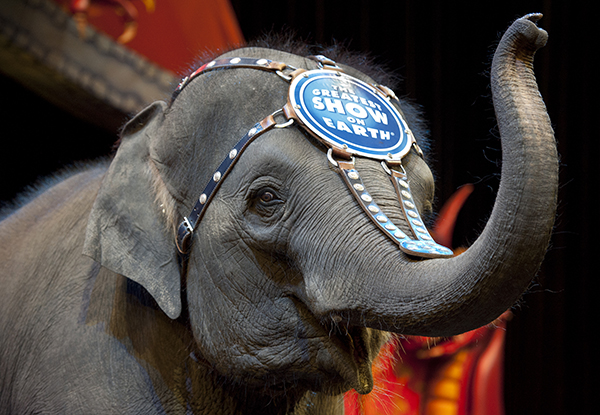 Animal Sports & Hobbies
Animal Sports & Hobbies  No Comments
No Comments Dog-Sporting Survey Tells Us What We Already Knew: Winning Isn’t Everything!
A recent survey of dog sport* competitors tells us that they are overwhelmingly female, married or cohabitating, between the ages of 45-74, college educated, and hail from a variety of urban and rural backgrounds.
To anybody who regularly participates in dog sporting events, the picture painted by this survey seems pretty accurate, even if the numbers themselves seem exaggerated. And even if you haven’t been there and done that, the results make sense: being a regular participant requires a certain investment of time and resources that are not as readily available to all demographics.**

But after demographics, we find information that may actually be surprising to readers, responses that go against popular stereotypes. You know that old football saying: “Winning isn’t everything, it’s the only thing“? Well, at least according to this survey, winning is definitely not the only thing for people who compete with their dogs — in fact, it’s not even near the top:
The reasons the participants gave included improving their connection to dogs (36 percent), the social aspects of participation (40 percent), enjoyment (31 percent), the opportunity for physical activity for both dogs (40 percent) and humans (52 percent), or that people simply got pleasure from the time spent with their dogs and satisfaction from the team aspect of participation (34 percent). In comparison, only 13 percent of the people surveyed highlighted that it was the competition and accomplishment which served as the reason why they participate.
What is this? People enjoy events that allow them to socialize and share challenges with the dogs they love? The world of dog sports is not comprised entirely of judgmental cliques and monomaniacally ruthless competitors? Who’d a thunk it? True, this was a small survey — perhaps the hardcore competitors were too busy gathering up ribbons to fill out the questionnaire — but we don’t think it is inaccurate. We think these attitudes speak directly to an important bond, the camaraderie between the humans and dogs in these sports. We think these attitudes are what make these events so appealing and valuable!

*conformation, obedience, rally, agility, and/or field trials
** Interestingly, our own recent observations at dog sporting events suggest that there are also a lot more individuals in the under-30 crowd compared to past years — a demographic you might think least likely to have the time or resources available for such pursuits.

